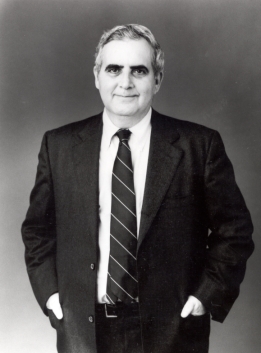
Charlie Peters says One of the most consistent complaints of Peace Corps Volunteers volunteers concerned the tendency of other Americans to live together in compounds, isolated from the people of the country in which they were living
Green Zone blues
For seven years, I traveled extensively around the Third World visiting Peace Corps programs. One of the most consistent complaints of our volunteers concerned the tendency of other Americans to live together in compounds, isolated from the people of the country in which they were living. Whatever social contact they had with the locals was usually confined to the elite. There were, however, some brave exceptions to this rule, an occasional foreign service officer or CIA agent who would break out of the compound. Alas, even those exceptions do not seem to be present in Baghdad, where Americans are confined to a "Green Zone," four square miles surrounded by concrete walls and barbed wire.
Those who are supposed to work among the Iraqis or who simply want to find out what's going on out there face a daunting prospect "Forms must be filled out explaining the reason for the outing, requesting transportation and a protective detail," reports The Washington Port's Ariana Eunjung Cha.
Inside the barricade is a Little America, with Monday Night Football, hamburgers, pizza, swimming pools, a new gym, and joggers running down the streets. And at Little America's heart, incongruously, is Saddam Hussein's Republican Palace, with its "marble hallways and velvet chaises."
To put it gently, the zone is not conducive to getting to know the average Iraqi, much less win his heart and mind. "The Americans are behind the walls in the palace. They have difficulty knowing what's going on. I call it the Green Area Syndrome," one AID contractor told the Port. "You want to feel like you're of the people, but when you are here, there are rules and you can't go out and you can't talk to them. You are isolated," added an interpreter.
